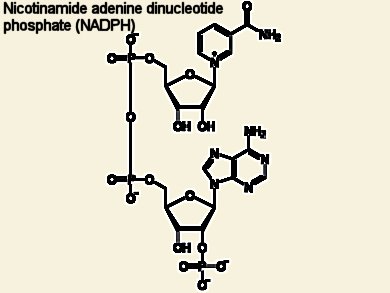During cancer growth and progression, tumor cells are exposed to low nutrient levels and detach from their microenvironment. These conditions of metabolic stress, detrimental for cell survival, are overcome by cancer cells trough AMPK (liver kinase B1 AMP-activated kinase) activation.
Sang-Min Jeon and colleagues, University of Illinois at Chicago, USA, fully elucidated the biochemical pathway triggered by AMPK. The team showed that this kinase activates a metabolic route which compensates the NADPH depletion occurring during energy stress, thereby preventing reactive oxidative species production and subsequent tumor cells death.
The study demonstrated that, when NADPH generation by the pentose phosphate pathway is inhibited, AMPK activation blocks acetyl-CoA carboxylases ACC1 and ACC2. As a consequence, NADPH consumption in fatty acid synthesis is reduced and an increased production trough fatty acid oxidation concomitantly occurs. In vivo experiments indicated that, in the presence of active ACC1 and ACC2, tumor growth is reduced, thereby suggesting a therapeutically relevant biochemical pathway.
- AMPK regulates NADPH homeostasis to promote tumour cell survival during energy stress,
S. M. Jeon, N. S. Chandel, N. Hay,
Nature 2012, 485 (7400), 661–665.
DOI: 10.1038/nature11066




